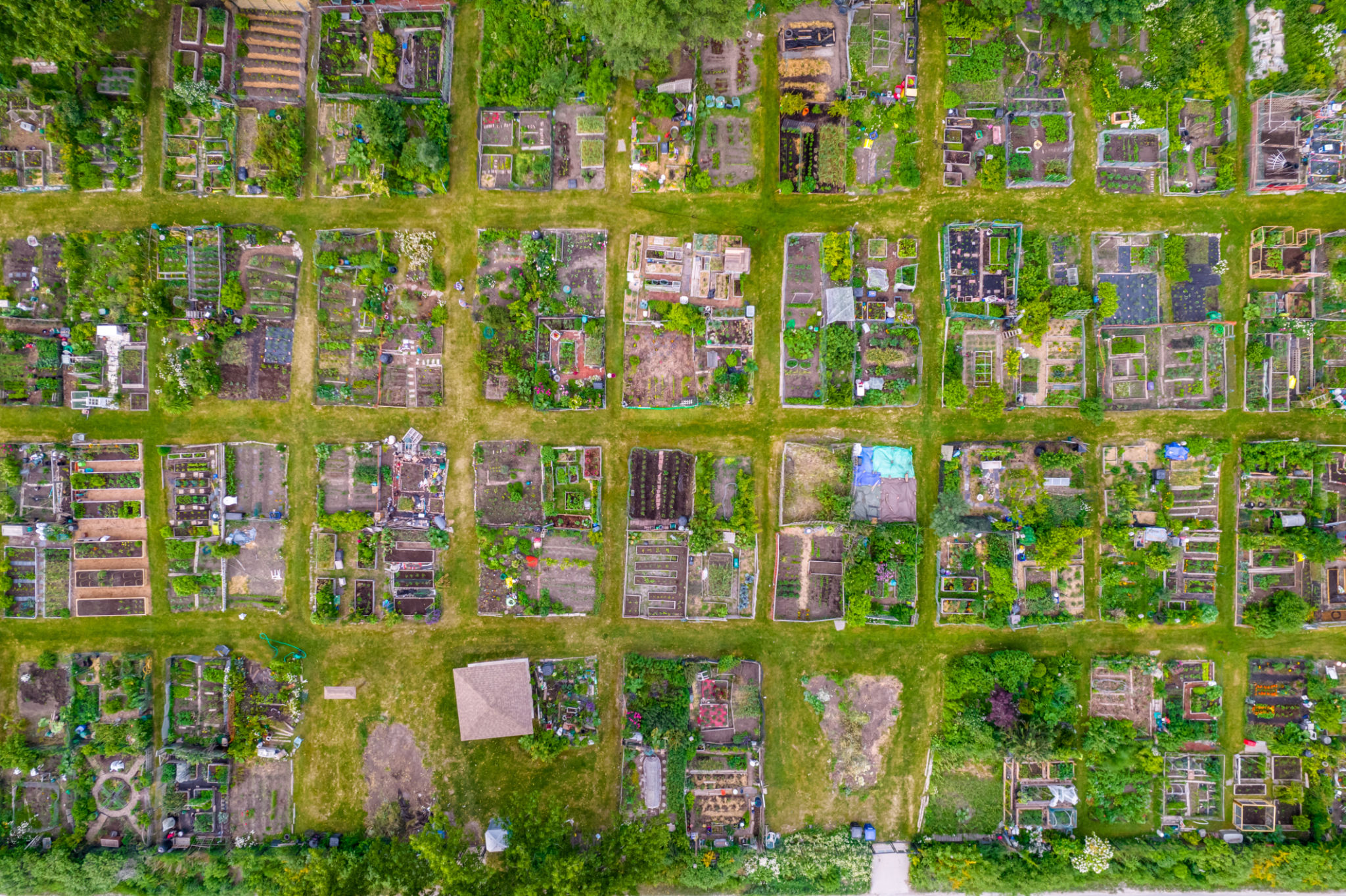Success Stories: Transforming Antwerp Gardens into Edible Landscapes
The Vision Behind Edible Landscapes
In recent years, the concept of transforming urban spaces into edible landscapes has gained significant traction. Antwerp Gardens is at the forefront of this movement, turning traditional gardens into lush, productive environments that not only beautify the city but also provide fresh produce to the community. This initiative is redefining the relationship between urban dwellers and their food sources, offering a sustainable and community-focused approach to urban living.
The vision behind Antwerp Gardens is simple yet transformative: to utilize every square meter of available space for growing fruits, vegetables, and herbs. By doing so, they aim to promote sustainable living practices and reconnect people with nature. This project is a testament to the power of innovation in urban planning, showing how cities can be both beautiful and functional.

Community Involvement and Empowerment
A key component of Antwerp Gardens' success is its strong emphasis on community involvement. Residents are encouraged to participate in the planning and maintenance of these gardens, fostering a sense of ownership and responsibility. This collaborative approach not only helps maintain the gardens but also strengthens community bonds.
Workshops and training sessions are regularly organized to educate participants on sustainable gardening practices. These sessions cover a wide range of topics, from composting techniques to pest management, ensuring that community members are well-equipped to manage and sustain their edible landscapes. By empowering residents with knowledge and skills, Antwerp Gardens ensures the longevity and success of the project.

Challenges and Solutions
Transforming urban spaces into edible landscapes is not without its challenges. One of the primary obstacles is the limited availability of land in densely populated areas. However, Antwerp Gardens has tackled this issue by utilizing vertical gardening techniques and container planting, maximizing the use of available space.
Another challenge is ensuring soil quality and fertility in urban environments, where contamination can be a concern. To address this, the project employs soil testing and remediation techniques to create a safe and productive growing environment. Additionally, they use organic gardening methods to promote healthy plant growth without harmful chemicals.
The Environmental Impact
The environmental benefits of transforming Antwerp Gardens into edible landscapes are significant. These green spaces help reduce urban heat, improve air quality, and support biodiversity by providing habitats for various species. Moreover, by growing food locally, the initiative reduces the carbon footprint associated with transporting produce from distant farms.

Water conservation is another important aspect of the project. Efficient irrigation systems and rainwater harvesting techniques are implemented to minimize water usage while ensuring that plants receive adequate moisture. This sustainable approach not only conserves resources but also sets an example for other urban areas aiming to adopt similar practices.
A Model for Urban Sustainability
Antwerp Gardens serves as a model for urban sustainability, demonstrating how cities can integrate nature into their landscapes while addressing food security issues. The success of this project has inspired similar initiatives in other cities, proving that with creativity and collaboration, urban areas can become thriving ecosystems that benefit both people and the planet.
As more cities recognize the importance of sustainable living, initiatives like Antwerp Gardens will continue to play a crucial role in shaping the future of urban environments. By transforming concrete jungles into green oases, we can create healthier communities that are resilient to environmental challenges.
